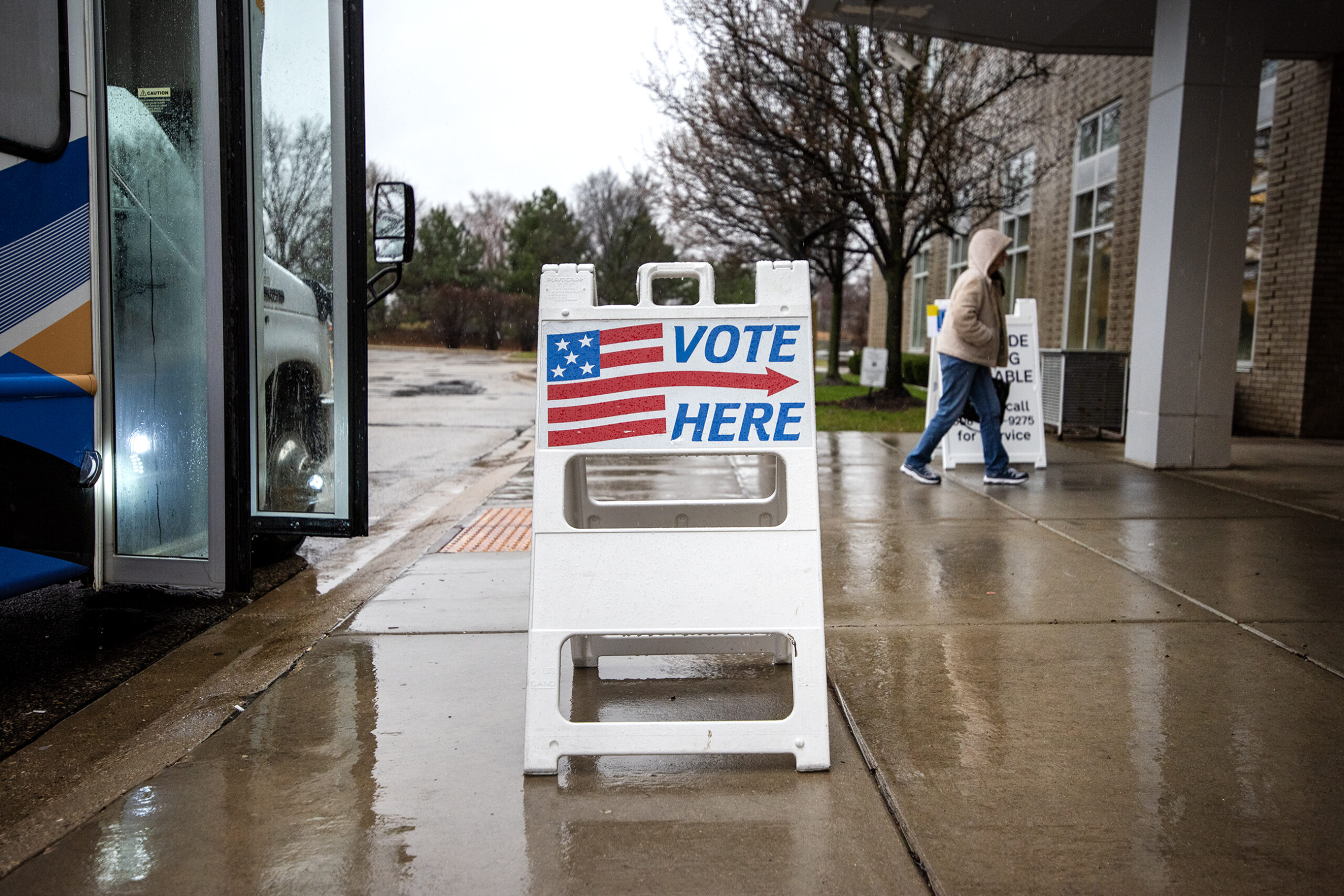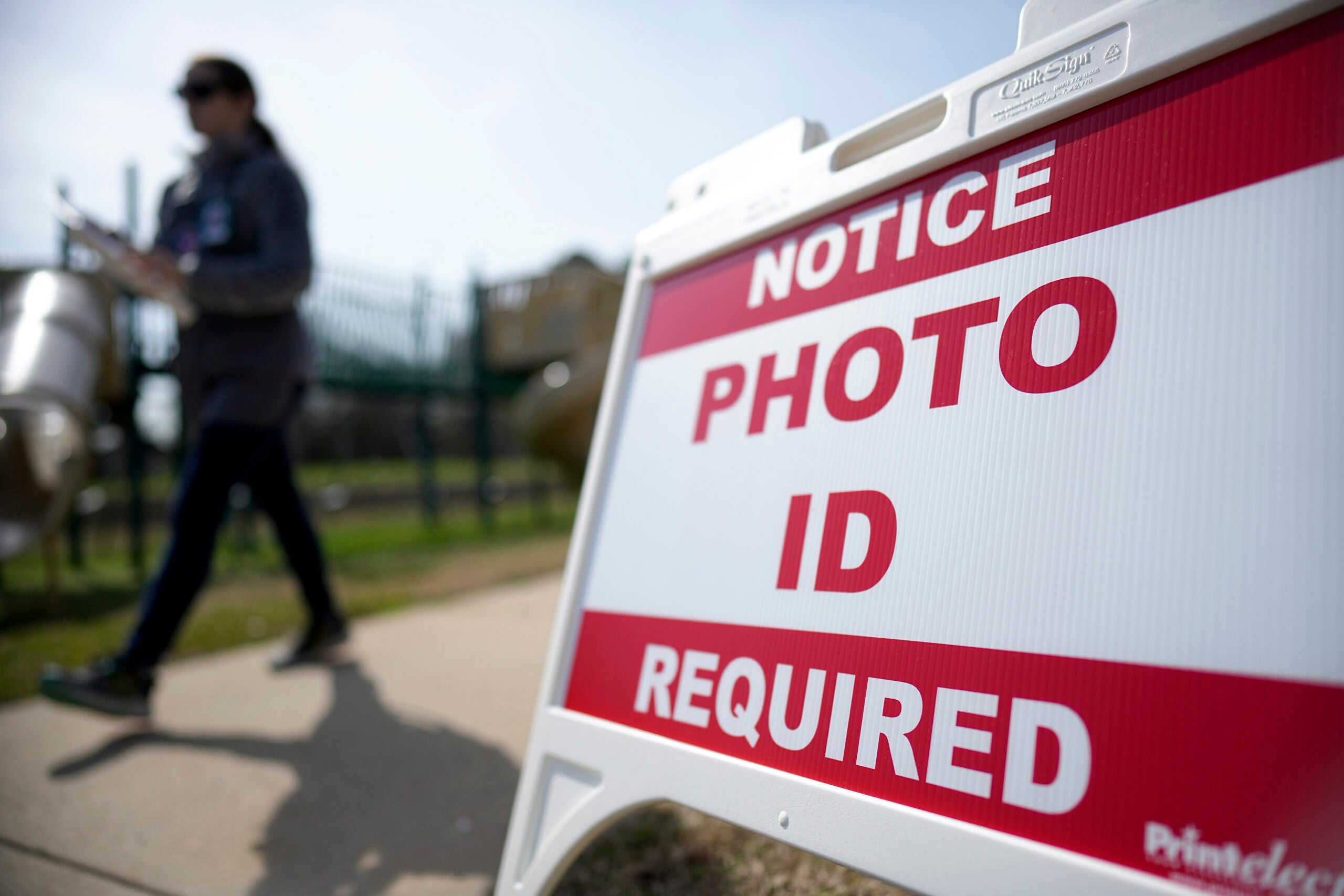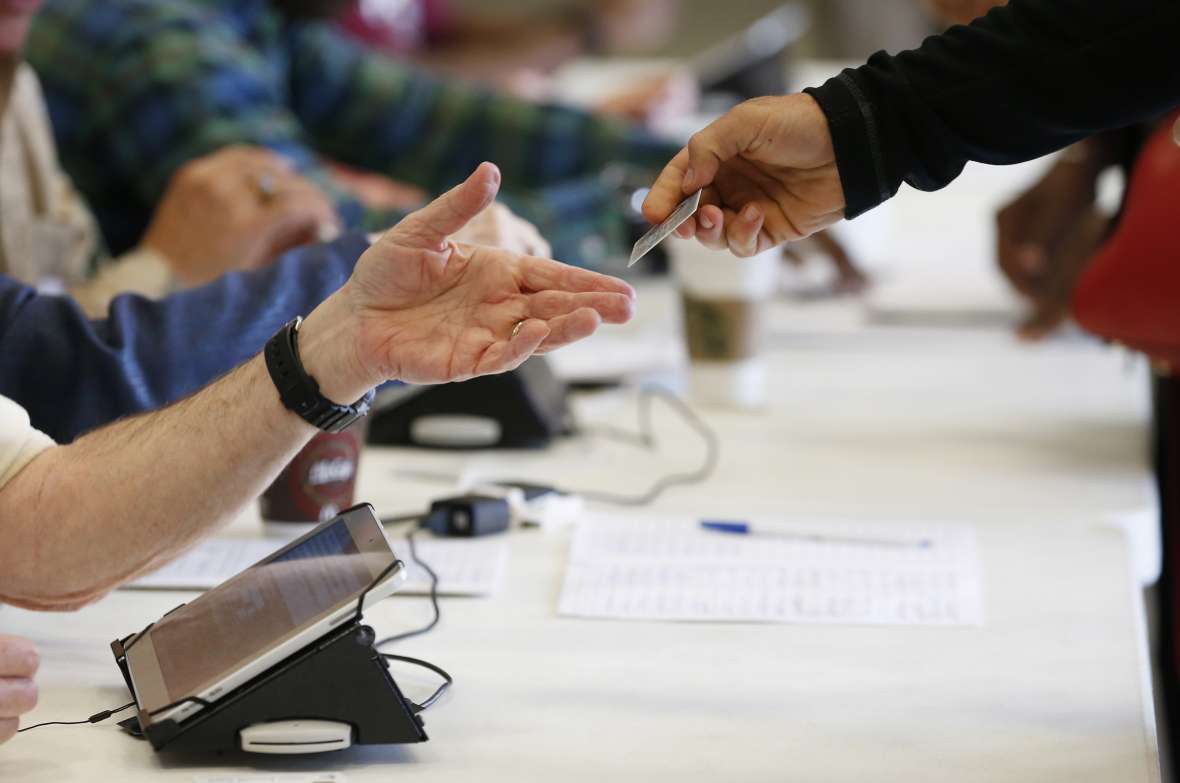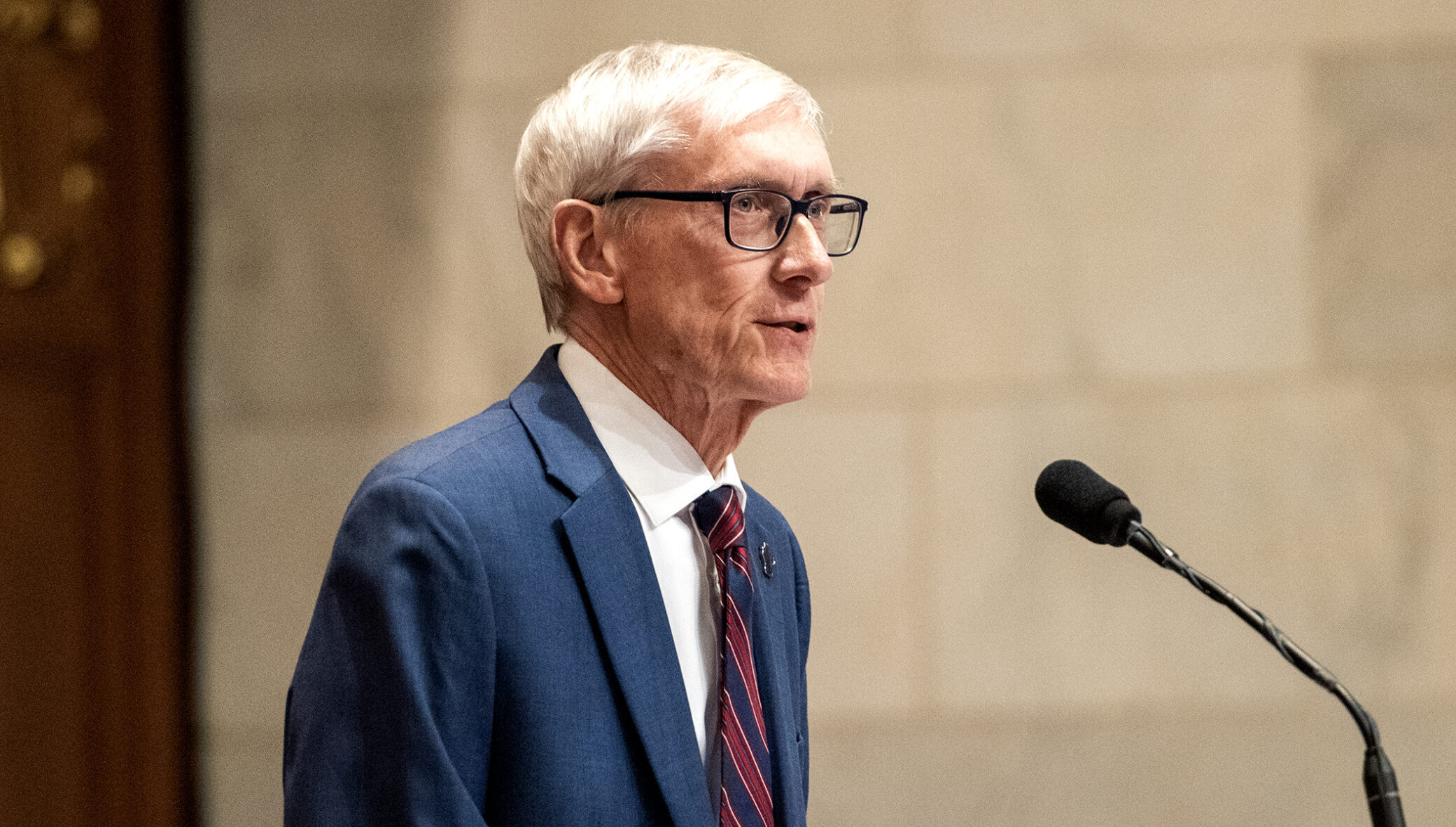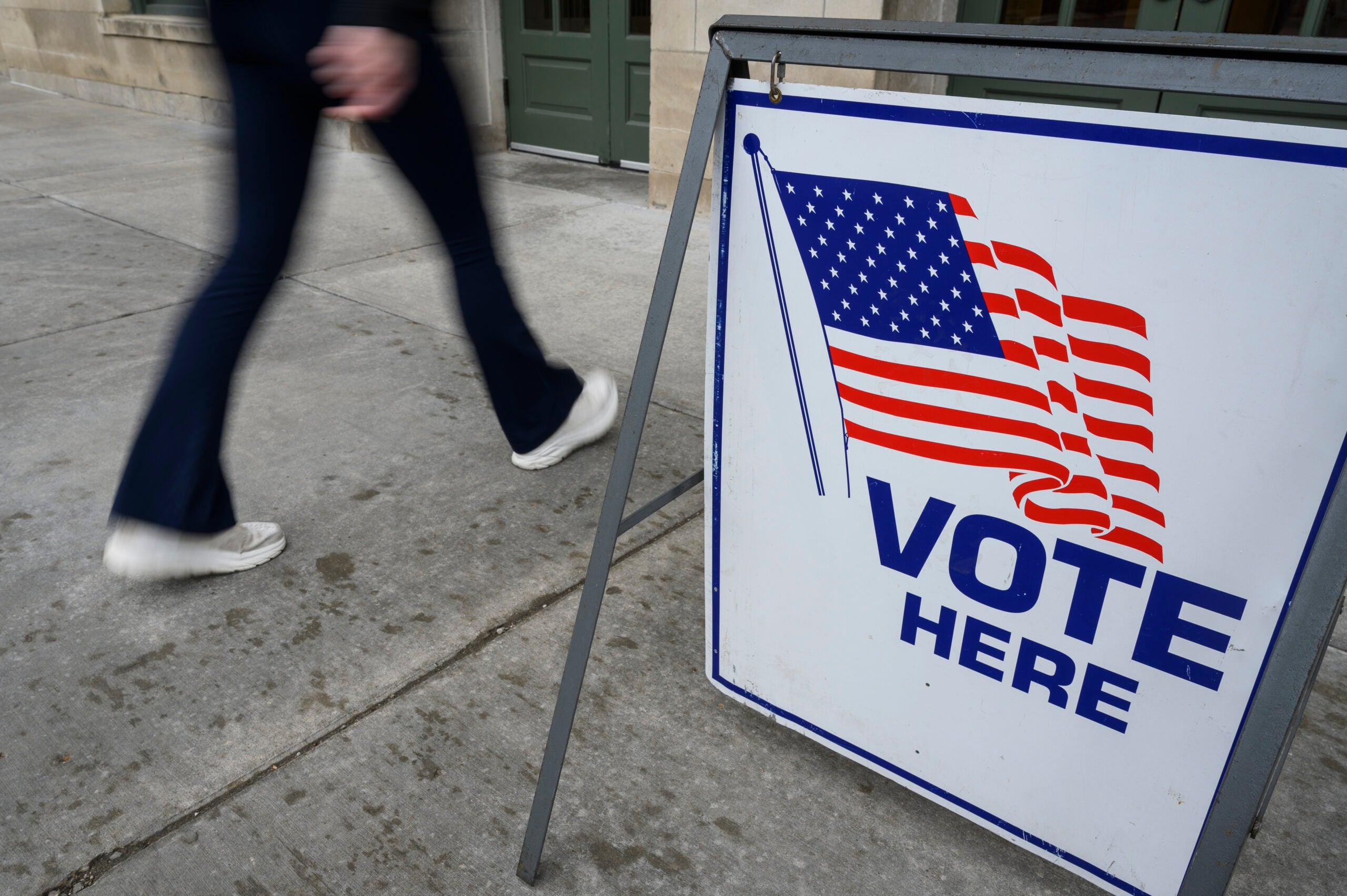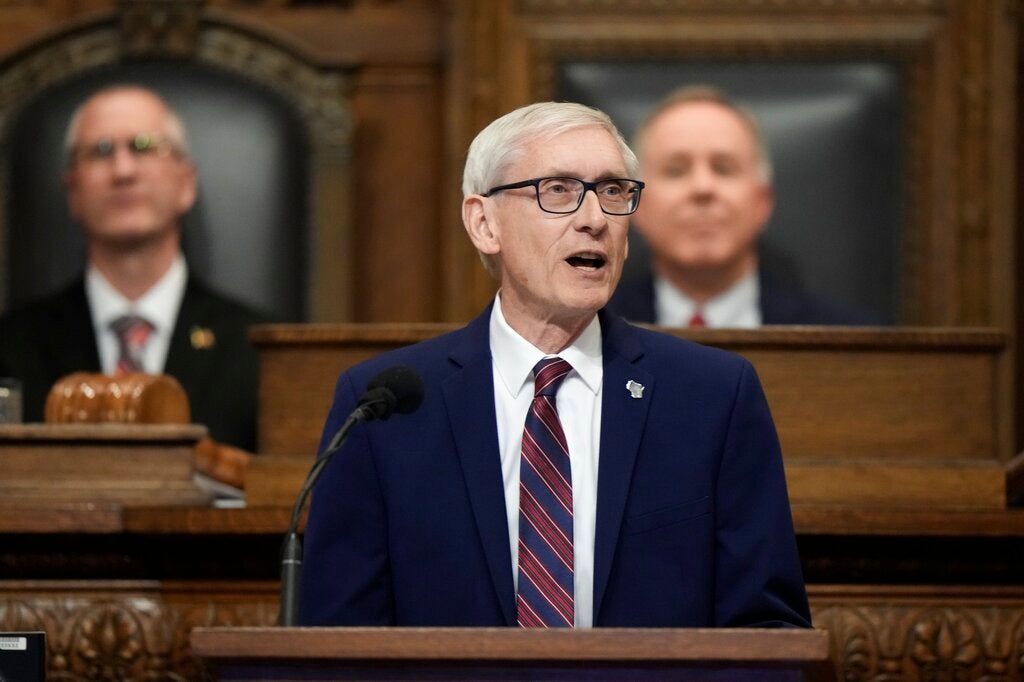A pair of questions on Wisconsin’s Aug. 13 ballot would give state legislators more control over how federal money is spent in the state.
If approved by a majority of voters statewide, the Republican-backed proposals would amend the Wisconsin Constitution to limit the governor’s power to spend federal funds unilaterally in specific instances.
The proposals would work in tandem. One would require legislative approval before Wisconsin’s governor could expend federal money earmarked for the state. The other would bar future Legislatures from giving that power away.
Stay informed on the latest news
Sign up for WPR’s email newsletter.
Here’s a breakdown of the proposed amendments.
What does the ballot language say?
Question 1 on statewide ballots reads, “Shall section 35 (1) of article IV of the constitution be created to provide that the legislature may not delegate its sole power to determine how moneys shall be appropriated?”
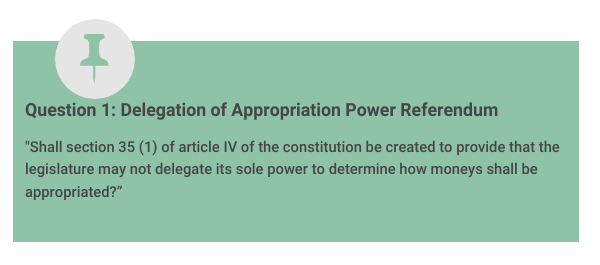
Question 2 asks voters, “Shall section 35 (2) of article IV of the constitution be created to prohibit the governor from allocating any federal moneys the governor accepts on behalf of the state without the approval of the legislature by joint resolution or as provided by legislative rule?”
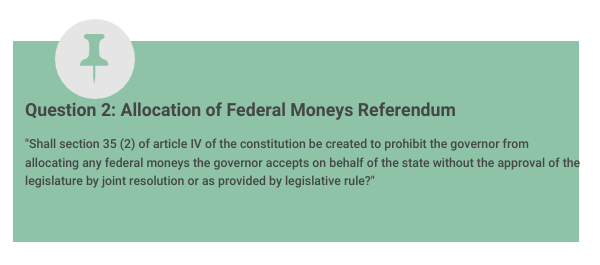
What would change under the amendments?
Wisconsin’s Constitution gives lawmakers control over the state’s purse strings.
But there are exceptions. Under state law, a governor can accept and distribute federal money without the Legislature’s involvement, as long as those allocations comply with the federal laws which made the money available.
Wisconsin’s governor has held that discretion over federal funding since the 1930s, according to an analysis from the nonpartisan Legislative Reference Bureau.
The proposed changes to the state constitution would strip Wisconsin’s governor of that unilateral authority by requiring legislative sign-off.
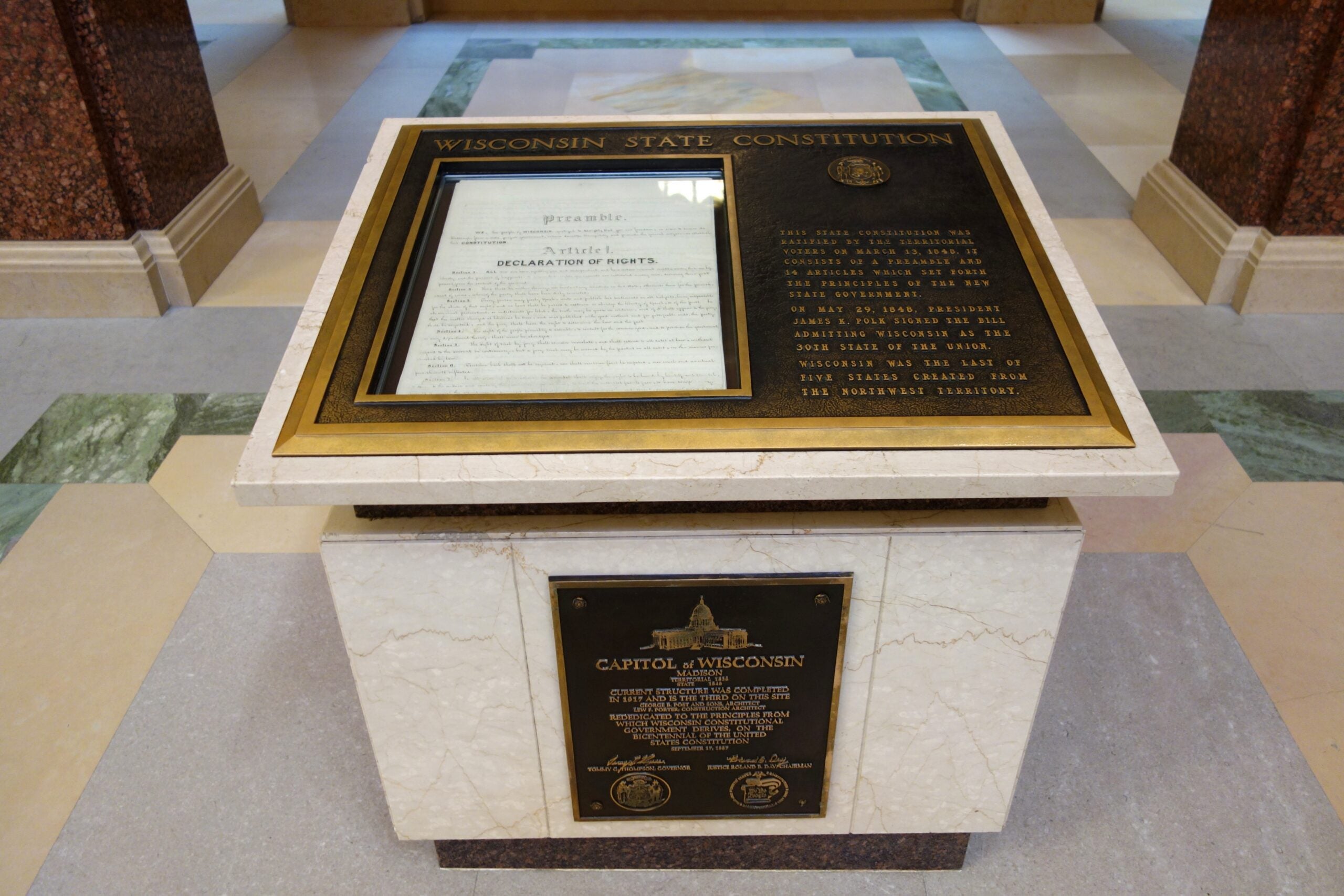
The “broad” amendment language could have wide-ranging consequences, although the specifics of its implementation remain to be seen, according to a recent analysis by the Wisconsin Policy Forum.
“It likely will impact far more than just cases of emergency influxes of federal funds that are similar to the pandemic,” the Forum’s report said. “The full impact of the amendments will be highly dependent on how they are interpreted by the Legislature and the courts.”
Wisconsin is one of 40 states that allow their executive branch to spend “unanticipated” federal funds without special legislative approval, according to a 2022 Legislative Reference Bureau analysis. But nearly three-quarters of those states have some type of restriction on that authority, according to the LRB, which cited the National Association of State Budget Officers.
How did these proposals get to the ballot? And who supports them?
Republican state lawmakers voted to bring the measures to Wisconsin’s August ballot, despite objections from Democrats. To get them there, they passed a resolution in two consecutive sessions of the Legislature.
GOP lawmakers pointed to billions of federal relief dollars distributed by Democratic Gov. Tony Evers’ administration during the COVID-19 pandemic. That process was lacking in transparency, Republicans argue, and should have required legislative checks and balances.
“These supplemental federal funds were important to our state’s economic wellbeing, but only Gov. Evers made the determination for allocation … without any legislative consideration,” said state Rep. Robert Wittke, R-Racine, at a public hearing on the proposed changes.
In addition to Republican lawmakers, the conservative Badger Institute and Wisconsin Manufacturers & Commerce are urging residents to vote “yes” on the amendments.
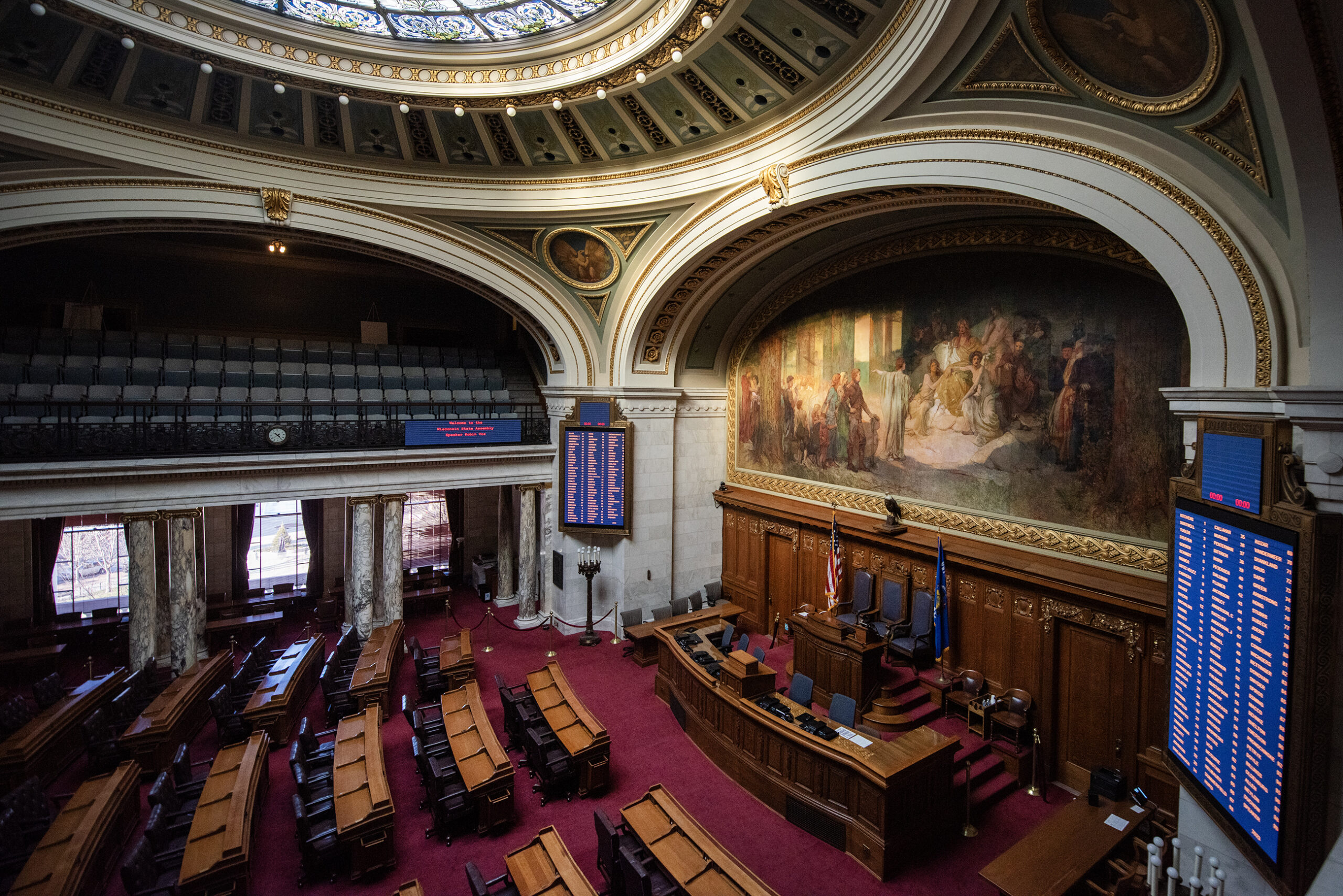
Who opposes the amendments?
But a coalition of groups, including the Wisconsin Public Health Association and the teachers’ union known as the Wisconsin Education Association Council, have joined Democrats in opposing the amendments.
Critics say the changes would add unnecessary red tape, and could slow down Wisconsin’s ability to distribute aid during emergencies, including natural disasters and public health crises.
“The current system allows for the governor to act quickly when it is required,” Jennifer Giegerich, a lobbyist for Wisconsin Conservation Voters, told lawmakers during a committee hearing earlier this year. “While there may be a theoretical argument to be made, the reality is it will create unnecessary burden and hoops to jump through for those waiting for funds to rebuild communities.”
The Democratic Party of Wisconsin has also actively campaigned against the amendments, with Chair Ben Wikler recently traveling the state with Evers to urge voters to reject them.
Wisconsin Public Radio, © Copyright 2025, Board of Regents of the University of Wisconsin System and Wisconsin Educational Communications Board.
